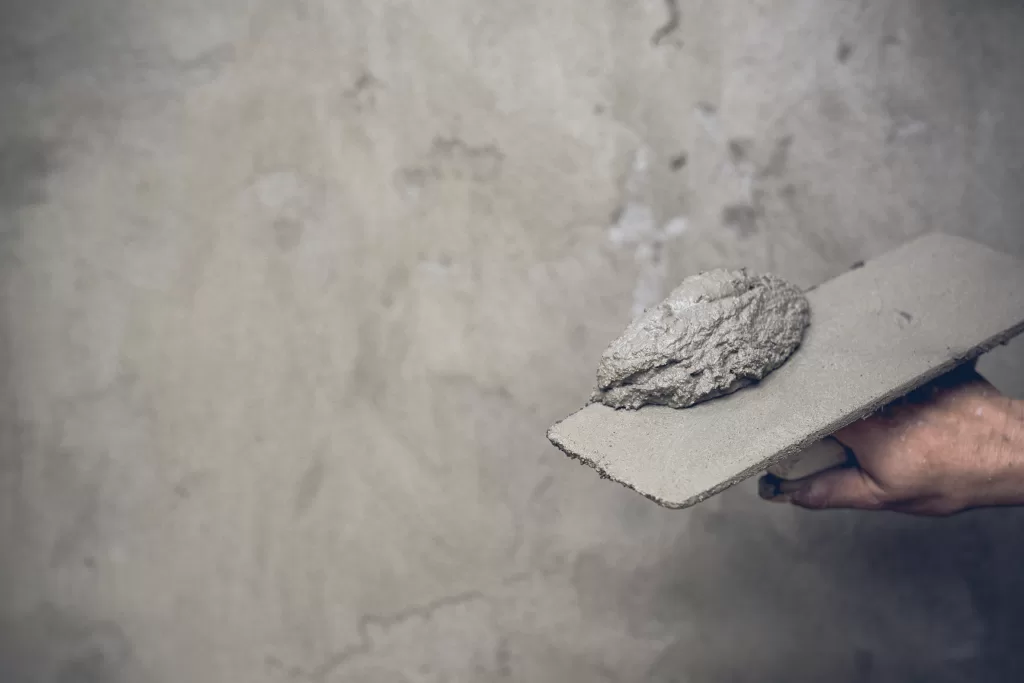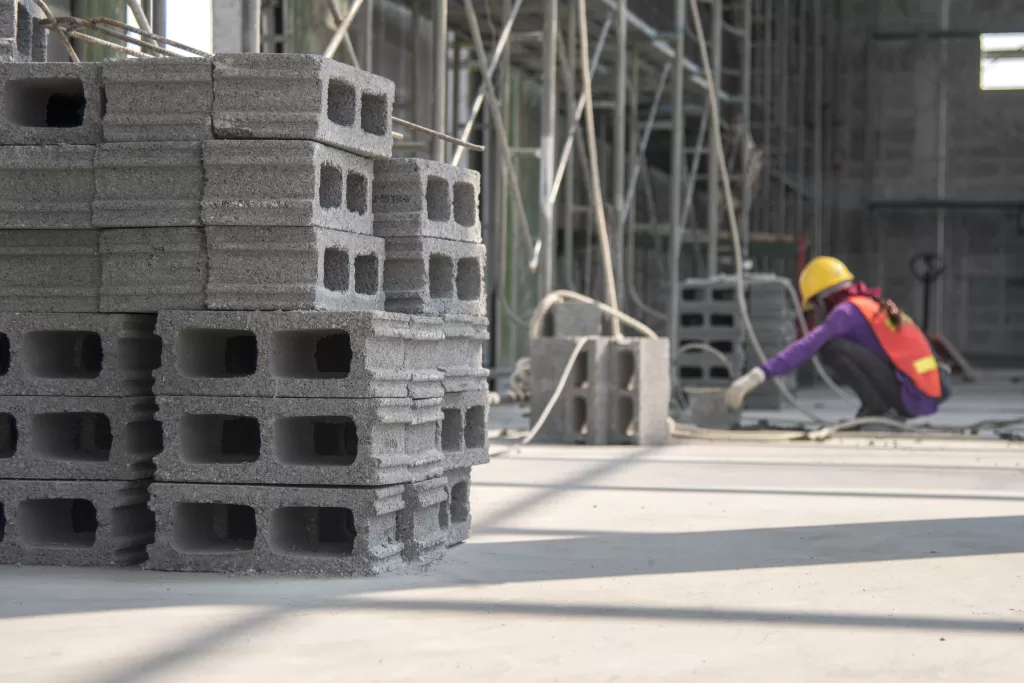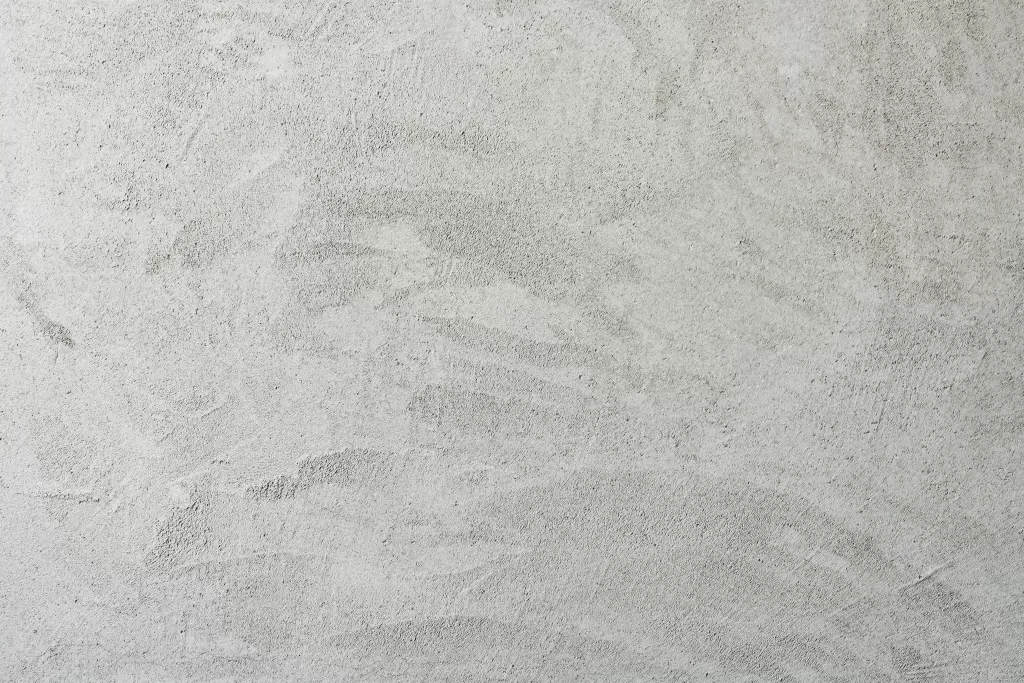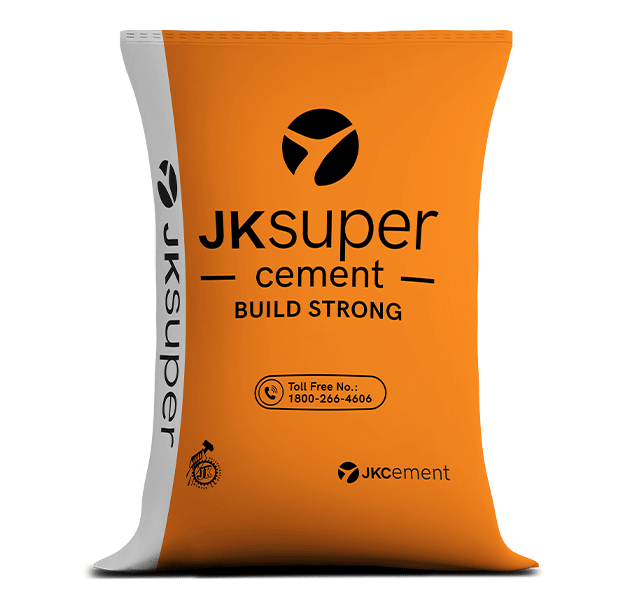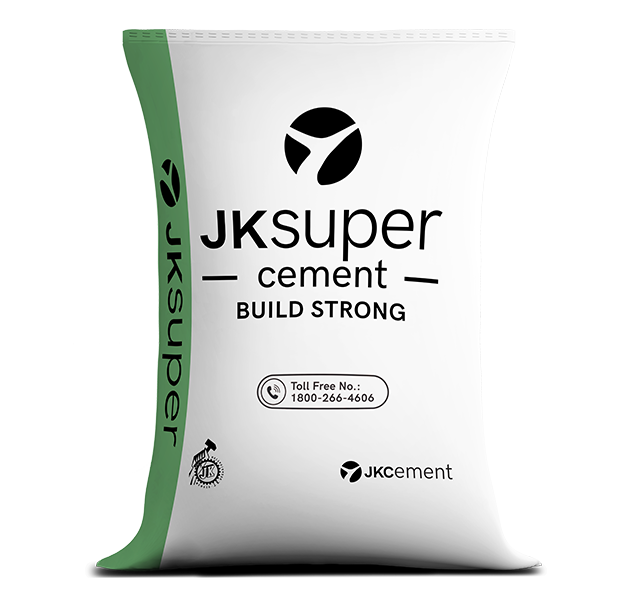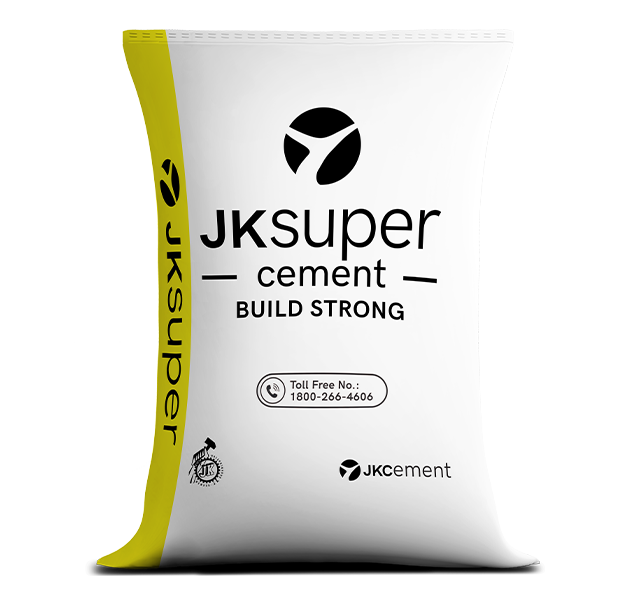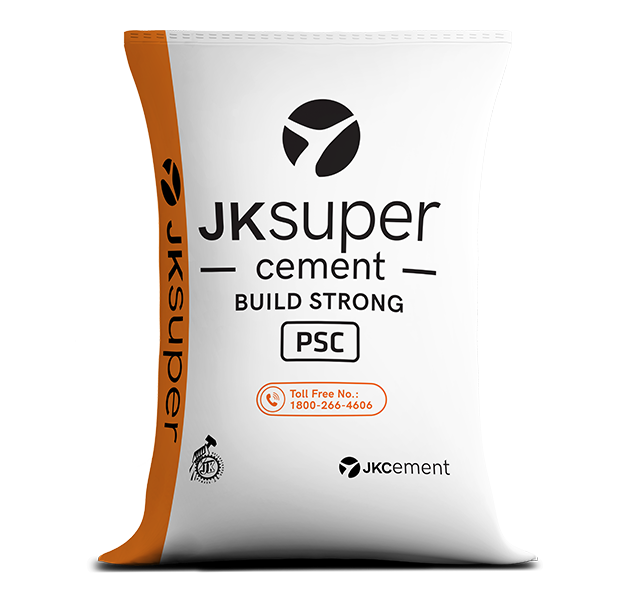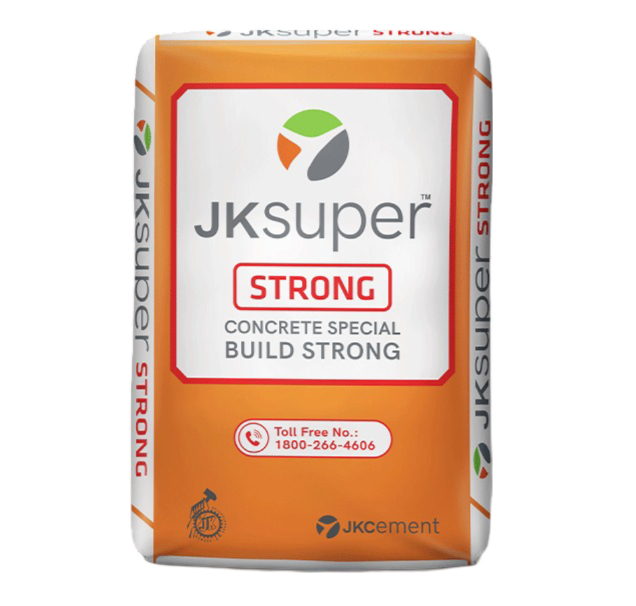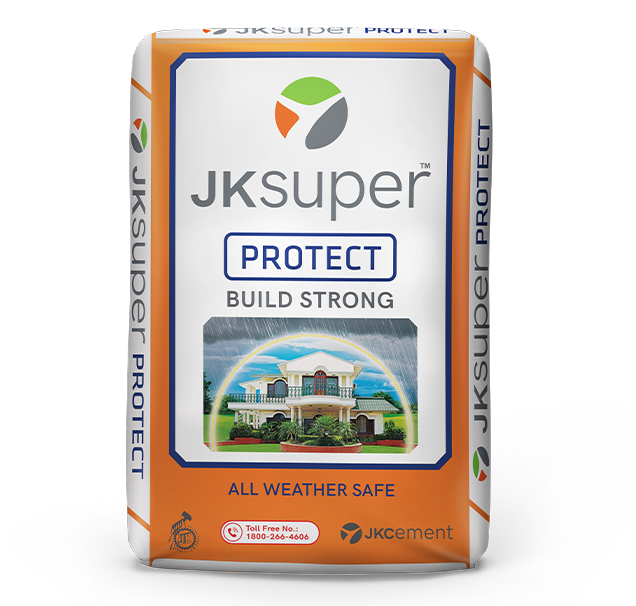Cement is the backbone of modern construction. It binds materials together and provides strength to structures. In India, the construction industry heavily depends on high-quality cement for durability and reliability. Among the factors that determine the quality of cement, specific gravity plays a crucial role. This article explores the concept of the specific gravity of cement, its importance, and the process of measuring it accurately.
What Is the Specific Gravity of Cement and Why Is It Important?
Specific gravity is the ratio of the density of cement to the density of water. It is a measure of how much denser cement is compared to water.
Formula:
Specific Gravity = Density of Cement/Density of Water
The specific gravity of cement usually ranges between 3.1 and 3.16. This value indicates that cement is about three times denser than water.
Importance of Specific Gravity
Specific gravity plays a key role in concrete mix design by determining the correct mix proportions. It helps estimate cement density, which is crucial for construction. It also affects void space analysis and the water-cement ratio, ensuring proper hydration. Additionally, deviations from the standard specific gravity may indicate adulteration or poor-quality cement, serving as an important quality indicator.
JK Cement ensures specific gravity of cement is maintained. Get it today to construct your home.
Significance of Specific Gravity of Cement
The specific gravity of cement is crucial in construction as it impacts several key aspects of quality and performance.
Ensures Consistency:
Consistent specific gravity across batches ensures uniform quality, meaning that the strong cement behaves predictably in all stages of the construction process.
Indicates Freshness:
If the specific gravity deviates from the standard range, it could suggest that the cement has absorbed moisture or is old, which may compromise its strength and setting time.
Helps in Quality Control:
Regular specific gravity testing helps to confirm that the cement meets industry standards, ensuring that it performs as expected in the final product.
Optimises Water-Cement Ratio:
Accurate, specific gravity measurements allow for better control of the concrete mix ratio, which directly impacts the workability, strength, and durability of concrete.
Identifies Adulteration:
Significant variations in specific gravity can indicate the presence of impurities or adulterants in the cement, serving as an early warning for compromised quality.
Measuring Specific Gravity of Cement for Quality Control and Precautions for Testing
Measuring the specific gravity of cement is a simple yet precise process. The Le Chatelier Flask method is commonly used in India.
Steps to Measure Specific Gravity
- Gather Materials: Obtain a Le Chatelier flask, kerosene, and cement.
- Fill the Flask: Partially fill the flask with kerosene up to a specific mark. Record the volume.
- Add Cement: Add a known weight of cement to the flask. Shake gently to avoid air bubbles.
- Record the Final Volume: Note the new volume after cement addition.
- Calculate: Use the recorded values to calculate specific gravity.
Precautions for Testing
When testing the specific gravity of cement, it’s important to follow specific precautions to ensure accurate results.
Avoid Air Bubbles:
Air trapped in the flask can affect the readings, leading to incorrect results.
Use Fresh Cement:
Cement should be free of lumps and moisture, as these can distort measurements and affect the test.
Maintain Cleanliness:
Ensure that all equipment is clean and dry to avoid contamination.
Use Kerosene:
Kerosene is used instead of water since cement reacts with water, which can alter the test outcomes.
Ensure Accuracy:
Carefully measure weights and volumes, as even small discrepancies can lead to significant errors in the specific gravity calculation.
The specific gravity of cement is crucial for ensuring the quality, strength, and durability of concrete. Proper testing ensures desired construction outcomes. Using trusted brands like JK Cement and products like PPC cement guarantees consistent specific gravity and high quality. With stringent quality control, JK Cement offers superior performance, durability, and reliability, ensuring your structures stand the test of time.
FAQs
What is the specific gravity of cement in India?
In India, the specific gravity of cement generally ranges between 3.1 and 3.16. This value indicates the cement’s density compared to water, which is a crucial factor in determining the mix proportions for concrete. The specific gravity helps engineers assess cement quality and ensures consistent performance in construction projects.
Why is specific gravity important in concrete mix design?
Specific gravity plays a significant role in the concrete mix design. It helps determine the correct proportions of cement, water, and aggregates to achieve the desired strength and durability. By knowing the specific gravity, engineers can ensure the mix is properly balanced, optimising the water-cement ratio, which directly affects the workability and long-term performance of concrete.
Can specific gravity indicate cement quality?
Variations in specific gravity can indicate issues with cement quality. A lower specific gravity may suggest moisture absorption or even adulteration, while a higher value could signal improper manufacturing processes. Consistency in specific gravity is essential for ensuring high-quality cement.
What precautions should be taken during testing the specific gravity of cement?
To ensure accurate results, precautions include avoiding air bubbles, using fresh cement free from moisture and lumps, and ensuring all equipment is clean and dry. Proper handling of materials and equipment ensures reliable measurements.
Why choose JK Cement for construction?
JK Cement offers consistent quality and superior performance, ensuring reliable and durable results in construction. With stringent quality control processes, JK Cement maintains high standards, making it an excellent choice for all construction needs, providing long-lasting durability and strength for any structure.


